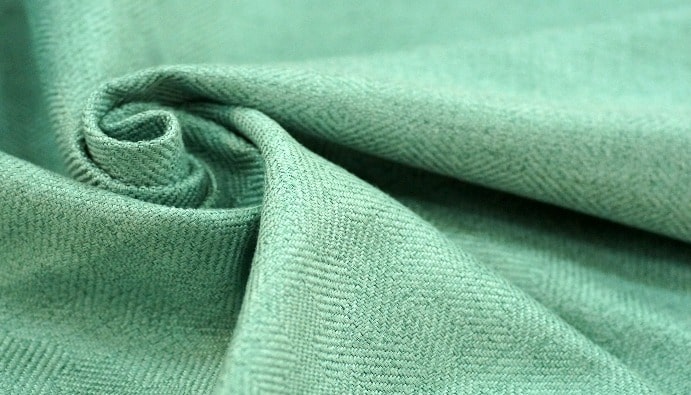Vegan Textile Analysis: Eco-Friendly Product Tests
What We Don't Know About Vegan Textile Understanding...

In recent years, consumers are increasingly turning to eco-friendly and ethical products. In the fashion industry, this trend has led to an increased demand for vegan textiles in particular. Vegan textiles are products that do not contain animal ingredients and are designed with sustainable production methods. Such products not only protect the environment but also serve ethical values. Vegan textile analyzes are tests performed to determine how well these products comply with environmental and ethical standards. Vegan textile analysis provides important data in terms of both materials and production processes.
What is Vegan Textile?
Vegan textiles are textile products produced with environmentally friendly materials that do not contain animal products. These products are produced by avoiding traditional animal-based materials such as leather, wool and silk. Vegan textiles usually use plant-based, synthetic or recycled materials.
Common Materials of Vegan Textile Products:
- Cotton: Cotton is a vegetable material and is commonly used in vegan textiles. Sustainable cotton production is done with organic methods to reduce environmental impacts.
- Bamboo: Bamboo is a fast-growing plant that needs little water. Bamboo fiber is preferred in vegan textiles as it has properties such as softness and breathability.
- Lyocell (Tencel): Lyocell is a cellulose fiber obtained through sustainable forestry and an environmentally friendly production process.
- Hemp (Hemp): Hemp is an environmentally friendly material and a plant that can be grown with low water and fertilizer use. Hemp fibers offer advantages in terms of durability and longevity.
- Synthetic Materials: Synthetic materials such as polyester and nylon are also used in vegan textiles. These materials are mostly made from recycled plastics.
Environmental Impacts of Vegan Textiles
Vegan textiles are designed to have less impact on the environment. However, to be environmentally friendly, it is not enough to simply avoid animal ingredients. At the same time, the materials used must be obtained through sustainable production methods.
Environmental Impact Analysis:
- Water Use: In vegan textile analysis, the impact of the materials used on water consumption and water pollution is evaluated. Cotton has traditionally had a water-intensive agriculture. However, organic cotton or other sustainable materials can be produced with lower water use.
- Carbon Footprint: The energy and raw material sources used in the production process of vegan textiles affect the carbon footprint of the product. Products made with recycled materials and renewable energy can have a lower carbon footprint.
- Biodegradability and Waste Management: It is important that vegan textiles are recycled and biodegradable. Materials such as cotton and bamboo biodegrade, while some synthetic materials (e.g. polyester) can remain in nature for a long time.
- Chemical Use: Chemical fertilizers, pesticides and harmful dyes are commonly used in conventional textile production. In vegan textile analysis, the environmental impact of the chemicals used and whether the products contain toxic components are also tested.
Compliance of Vegan Textile Products with Ethical Standards
In addition to being vegan, it is important to ensure that these products are also ethically correct. Ethical production includes factors such as labor rights, working conditions and producer compliance with fair trade principles.
Ethical Tests:
- Fair Trade Certificates: Vegan textiles should generally have fair trade certificates. These certificates guarantee that manufacturers pay fair wages, provide safe working conditions and do not use child labor.
- Labor Rights and Working Conditions: Ethical testing audits the working conditions of the factories where products are produced. Criteria such as workers' rights, wages, working hours and safety measures are evaluated.
- No Animal Testing: Certificates proving that animal testing is not carried out in the production of vegan textile products are also important. Such tests test whether the products cause any harmful effects on animals.
Nanolab Laboratories Group continues to provide services within the scope of Consumer Analysis. We also provide services in Textile Analysis.
Contact us for more information.
You can follow us on LinkedIn for up-to-date news and posts about our services.
Follow our Instagram account to be informed about our latest blog posts.

